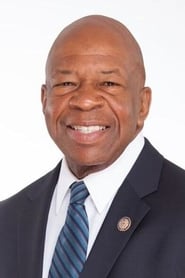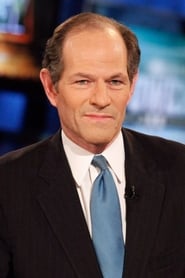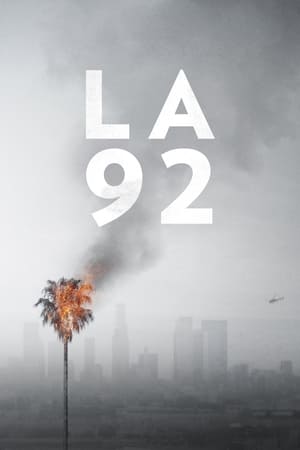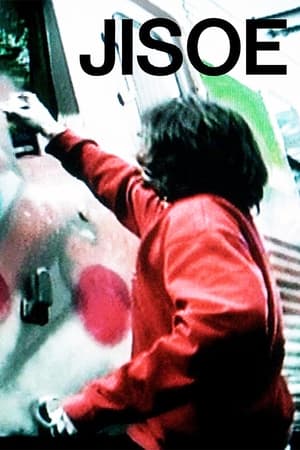

91 Bullets in a Minute(2014)
7 years later and still no justice
The world watched in horror as the NYPD was put on trial for the shooting of Sean Bell and Amadou Diallo. The chants of "no justice," "no peace" were heard around the world, but in the end was justice served? In this sequel to IF I DIE TONIGHT, the story continues and follows the next seven years of this case of police brutality. It presents both sides in an effort to find the truth after the culminating trials. This riveting documentary continues to ask the question, "how far has our country actually come?" Features Al Sharpen, Rudy Giuliani, and Eliot Spitzer.
Movie: 91 Bullets in a Minute
Top 5 Billed Cast
Self
Self
Video Trailer 91 Bullets in a Minute
Similar Movies
 7.6
7.6The Price of Protest(de)
United States, September 1st, 2016. American football player Colin Kaepernick kneels during the national anthem, protesting police brutality against black people. Part of the population regards the gesture as an unacceptable affront to the flag. Later, he loses his place on his team. Today, however, he is considered by many as a true hero.
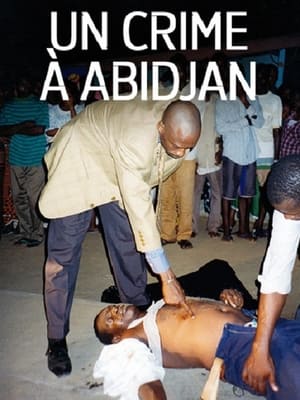 0.0
0.0A Murder in Abidjan(fr)
1995. On the outskirts of Abidjan, the largest city in Ivory Coast, a policeman is murdered. Shot outside his vehicle, while his fiancée sits in the car, terrified. Superintendent Kouassi is the detective in charge of the investigation. Tall and lanky, he moves with the tired energy of a man who has seen it all. Drawing on a network of underworld characters with dubious information, Kouassi’s team begins bringing in potential suspects and subjecting them to horrific brutality: beating them with sticks, hanging them upside-down, threatening their lives. Some of the men are left so broken they have to literally drag themselves into Kouassi’s office later, to be interrogated while lying on the floor, their bodies a mess of bruises, broken bones, and lacerations.
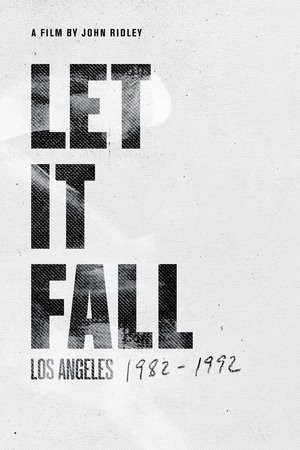 7.7
7.7Let It Fall: Los Angeles 1982-1992(en)
An in-depth look at the culture of Los Angeles in the ten years leading up to the 1992 uprising that erupted after the verdict of police officers cleared of beating Rodney King.
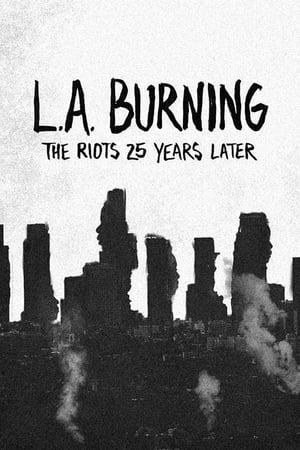 7.5
7.5L.A. Burning: The Riots 25 Years Later(en)
Documentary film exploring the lives of the people at the flashpoint of the LA riots, 25 years after the uprising made national headlines and highlighted the racial divide in America.
 8.2
8.2Night and Fog(fr)
Filmmaker Alain Resnais documents the atrocities behind the walls of Hitler's concentration camps.
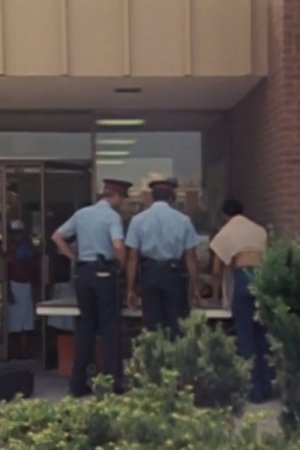 0.0
0.0Home Feeling: Struggle for a Community(en)
This feature documentary takes us to the heart of the Jane-Finch "Corridor" in the early 1980s. Covering six square blocks in Toronto's North York, the area readily evokes images of vandalism, high-density subsidized housing, racial tension, despair and crime. By focusing on the lives of several of the residents, many of them black or members of other visible minorities, the film provides a powerful view of a community that, contrary to its popular image, is working towards a more positive future.
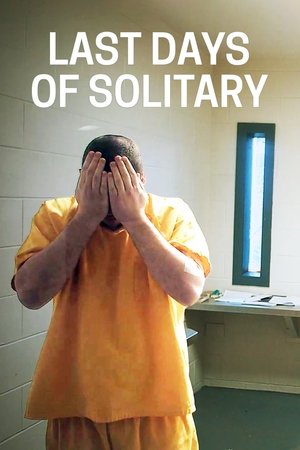 0.0
0.0Last Days of Solitary(en)
In 2011, Maine State Prison launched a pioneering reform program to scale back its use of solitary confinement. Bafta and Emmy-winning film-maker Dan Edge and his co-director Lauren Mucciolo were given unprecedented access to the solitary unit - and filmed there for more than three years. The result is an extraordinary and harrowing portrait of life in solitary - and a unique document of a radical and risky experiment to reform a prison. The US is the world leader in solitary confinement. More than 80,000 American prisoners live in isolation, some have been there for years, even decades. Solitary is proven to cause mental illness, it is expensive, and it is condemned by many as torture. And yet for decades, it has been one of the central planks of the American criminal justice system.
 0.0
0.02Doc: What Are We Doing?(nl)
In 2022, 92% of those affected encountered aggression or violence. Frans Bromet portrays six influences who encounter violence while carrying out their work. The violence with which the actual consequences are, leaves personal physical, especially mental, traces.
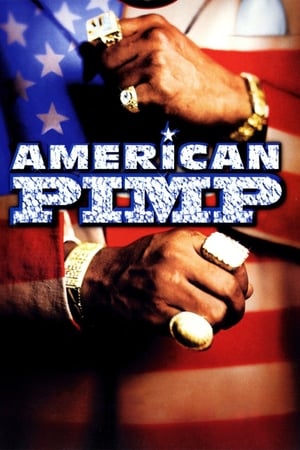 5.8
5.8American Pimp(en)
Street pimps, all of them African-American, discuss their lives and work: getting started, being flamboyant, pimping in various U.S. cities, bringing a woman into their group, taking a woman from another pimp, and the rules and regulations of pimping. The men are clear: it's about money.
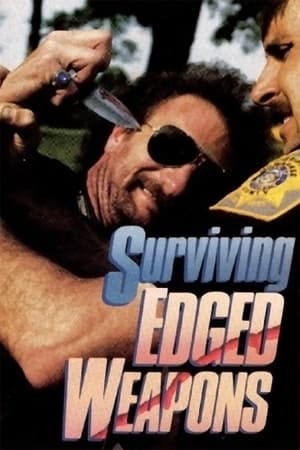 7.6
7.6Surviving Edged Weapons(en)
In an intense action-filled 85 minutes, you will learn to defend yourself against the mounting threat of “knife culture” offenders.
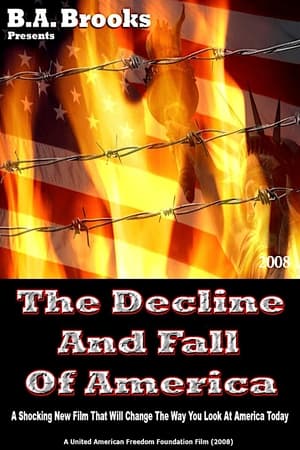 2.8
2.8The Decline And Fall Of America(en)
A shocking 2 hour full length movie from B.A. Brooks that will change the way you look at our leadership within America's government and military today.
All American Cops - Mit dem Streifenwagen durch die USA(de)
A look at the work of the US police.
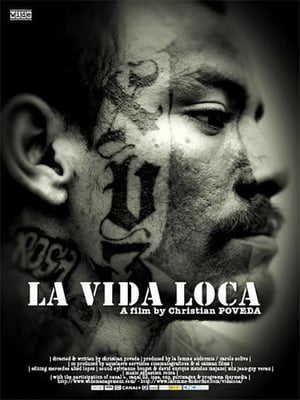 6.4
6.4The Crazy Life(es)
Reflects a depressing and hopeless reality by following some of the members of "la dieciocho", the so-called 18th Street gang in a poor San Salvador neighborhood.
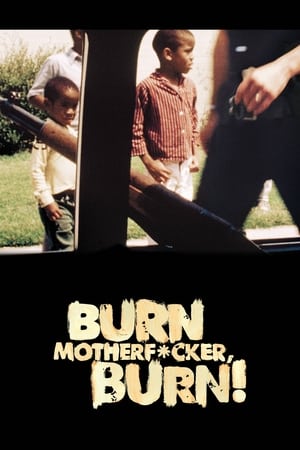 6.5
6.5Burn Motherfucker, Burn!(en)
An in-depth and provocative look at the 1992 Los Angeles riots exploring the roots of civil unrest in California and the relationship between African Americans and LAPD.
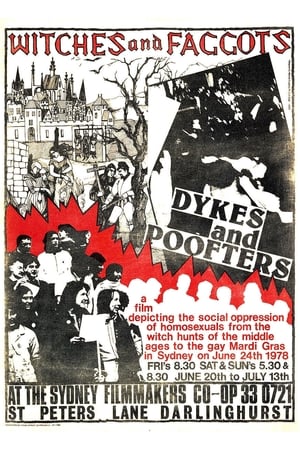 3.0
3.0Witches, Faggots, Dykes and Poofters(en)
In 1978 the police attacked demonstrators at the Sydney (Australia) Mardi Gras celebrations. This film details the communities' responses.
Crimes of Honour(en)
Throughout the Islamic world, each year hundreds of women are shot, stabbed, strangled or burned to death by male relatives because they are thought to have “dishonoured” their families. They may have lost their virginity, refused an arranged marriage or left an abusive husband. Even if a woman is raped or merely the victim of gossip, she must pay the price. Crimes of Honour documents the terrible reality of femicide – the belief that a girl’s body is the property of the family, and any suggestion of sexual impropriety must be cleansed with her blood. We meet women in hiding from their families, a brother who describes his reasons for killing the sister he loved, and a handful of women who have committed themselves to the protection of young women in danger of losing their lives.
